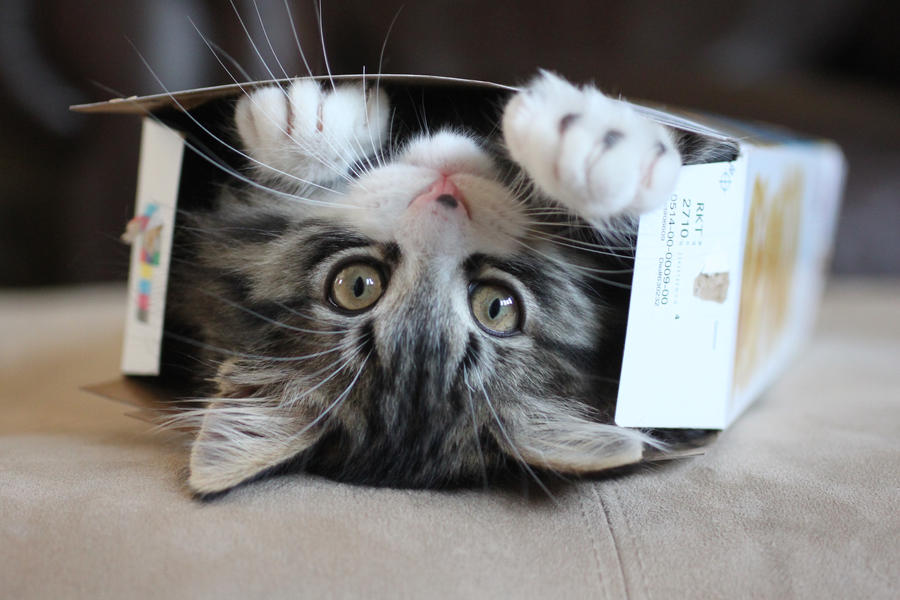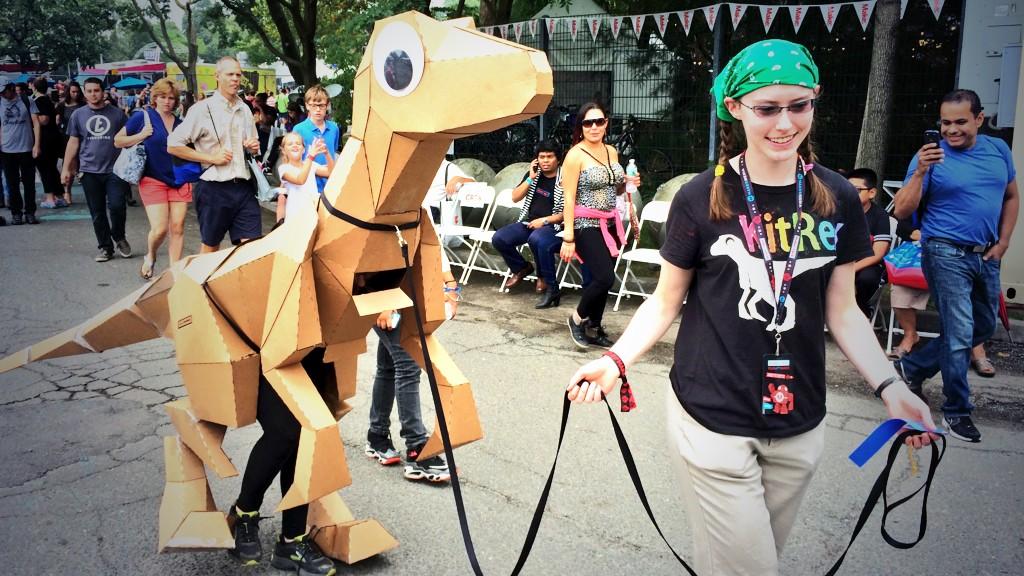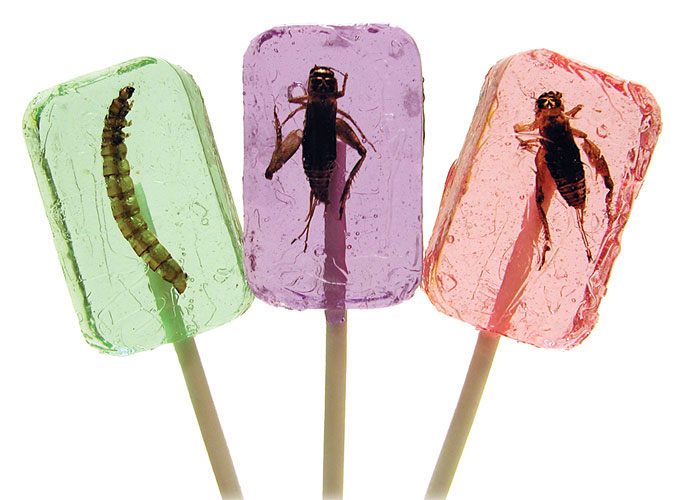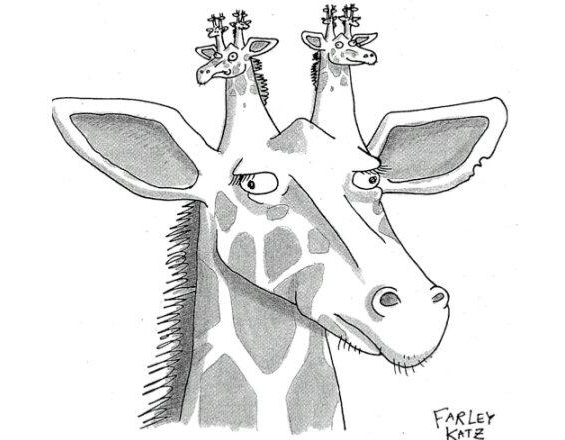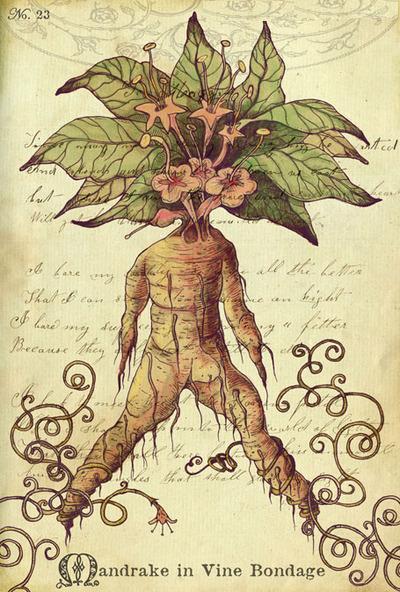More links to interesting articles you may have missed.
Have you ever wondered how glow sticks work? Well wonder no more because here’s the explanation. I love those aromatic dye molecules; they’re similar to the ones I used when I was a post-grad student.
So chemicals are bad then? Well not so much. Five myths about the chemicals.
Want to avoid getting cancer? The Cancer Code provides a 12 point guide to avoiding unnecessary risk.
OK so let’s have something a bit more light-hearted …

Feral pigeons can be a pain, especially in cities, but wood pigeons (above) make wonderful contribution to our countryside. “That eat excellent”, too!
Rats! Nasty, dirty, disease-ridden creatures aren’t they? Well actually they aren’t dirty at all though rats do carry all sorts of unknown bugs. But then so probably do many creatures. We just don’t know, because we haven’t looked.
What looks like a rabbit, stands on two legs and walks? No, not Bugs Bunny but an extinct giant kangaroo. Yes, this one was basically too big to hop efficiently and was adapted to walk.
And while we’re on strange things in the animal world, here are five surprising facts about squirrels, including that they make jerky!
Most Brits will probably remember the wildlife film from some 15 or more years ago of squirrels beating an obstacle course to get food — if only because a well known brand of beer used it for a commercial! Seems Americans don’t know it, because one journalist conducted a human vs. squirrel battle of wits. And yes, the squirrels won!
Liz Heinecke specialises in hands-on science for kids which can be done at home.
Why is it we all love pizza? What makes it so irresistibly delicious? Turns out it is all down to the chemistry of the ingredients and the cooking.
Anthropologists have been arguing for decades about how the Pacific Islands were colonised. Now it seems that the voyage of the Kon-Tiki was misleading and that the Pacific islands were colonised from the west by skilled navigators, as the genetics suggest.
Back to something more serious for a minute. George Monbiot takes his weekly side-swipe at big business and big politicians.
Meanwhile we’re all getting lonelier as families and communities are becoming more fragmented. And the loneliness isn’t good for us. George Monbiot (again) concludes that our lives are becoming nasty, brutish and long.
Finally I’ll leave you with a couple of less serious items.
First a look at fictional characters who would have been vastly improved by an abortion. At last someone agrees with my jaundiced view of the classics.
And finally Paris’s giant inflatable



